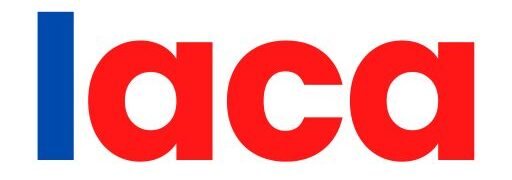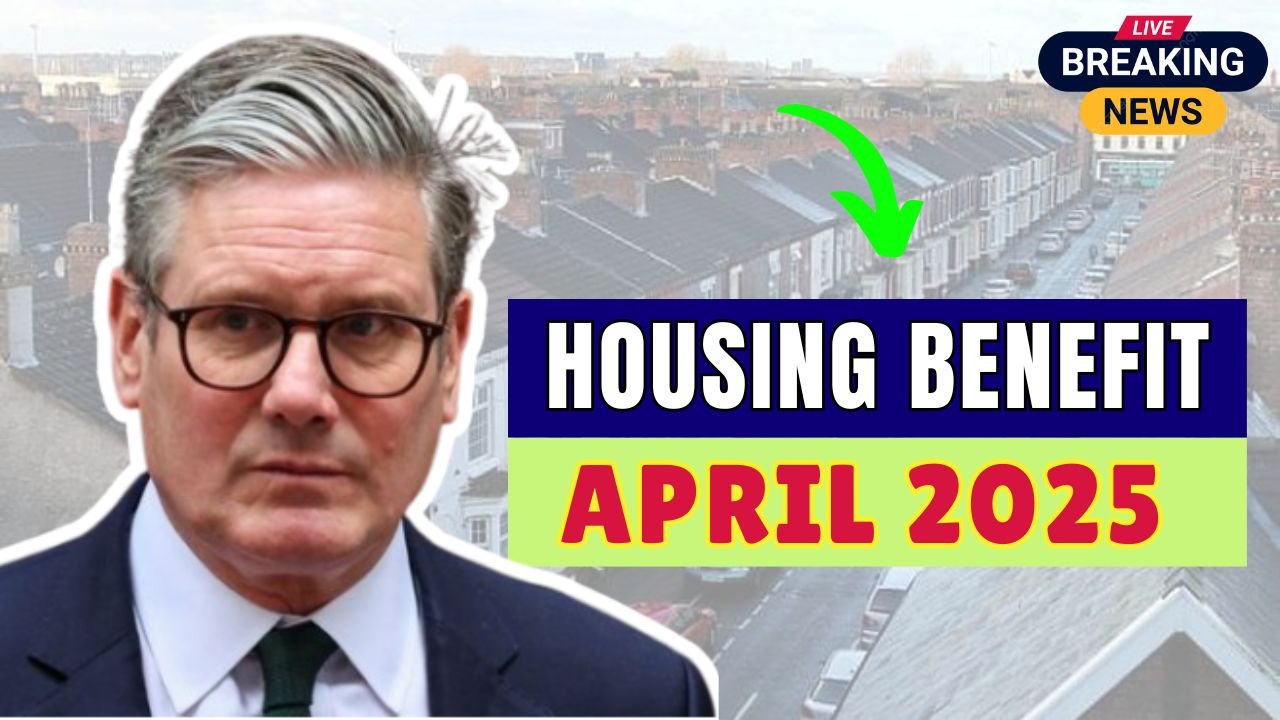Housing Benefit is a very vital source of finance in the UK for eligible people. And families such as people living in April 2025 would require the latest rates and rules of eligibility. This article gives a completely detailed Housing Benefit overview, how much you can get, who qualifies, how you may apply, and what changes have taken place recently.
What is Housing Benefit?
Housing benefits can also be defined as a means-tested support scheme offered by the UK government to assist all those relevant in the lower income bracket to pay rents. One would be qualified for claiming it for occupancy of a rented house from a council, through a housing association, and in some cases, a private landlord. Even though universal credit has substituted housing benefits for most new-working-age claimants, there are still groups that can qualify under existing rules.
Who is Eligible for Housing Benefit April 2025?
You would most likely be entitled to Housing Benefit if you are of State Pension age or living in supported accommodation. Generally, you must have a low income and nearly all your savings will have to be fewer than £16,000 unless you receive Pension Credit. You must also be paying rent to a landlord, whether through a council, housing association or privately.
Generally, you would not qualify if you are of working age and making a new claim, since you would usually opt to apply for Universal Credit instead. You may also find that your savings exceed the permissible amount or you are earning a high income. Homeowners cannot get Housing Benefit, but there may be a different kind of assistance, such as reductions in Council Tax.
How Much is Possible Housing Benefit Eligibility?
The exact amount of benefit you can receive can depend on several things such as income, rent, number of family members, and where you live. The Local Housing Allowance (LHA) caps the benefit entitlement for individuals renting privately.
Generally, people renting in London could receive highly much Housing Benefit as compared to those in small cities since rents are incredibly higher. For instance, a single person renting a one-bedroom flat in London would receive £500-£1,000 per month, whereas, for a similar accommodation, the amount could range from £300-£500 in a city like Glasgow. Families that need more space, such as three-bedroom homes, receive amounts that could be higher than £1,200 in high-cost areas; however, in cheaper cities, such amounts could fall between £750 and £1,300.
These amounts are ballpark figures and actual entitlements would vary on the basis of your particular situation concerning local housing costs. If the Housing Benefit received by you doesn’t cover your rent, you may apply for top-up under Discretionary Housing Payments managed by your local council.
Housing Benefit Application Process
Eligibility verification is the first step in the Housing Benefit application process and should be checked at the local council office. The applicant should provide key documents such as proof of identity, rent particulars (tenancy agreement or rent statement), proof of income (payslips, benefit letters, etc.), and his National Insurance number.
Applications may also be made online or by post or personally at the local council office. It takes from two to six weeks, on average, to process applications. Depending upon local council procedures, the housing benefit can be paid to the landlord or the applicant.
Housing Benefit Changes (Recent Changes Effective in 2025)
Multiple changes have taken place in 2025. The LHA rates have been increased by the government in many areas, implying that eligible tenants are bound to receive more financial help now. The processing of applications has been set easier in general; it’s specifically for pensioners, for whom an improved digital platform has accelerated the submission of documents.
Local councils are now conducting stricter verification processes to detect and prevent fraud. It is thus imperative that your application details are accurate and honest because omitting information or providing false information might result in getting a request to repay such benefit or perhaps a penalty.
Furthermore, note that once you move from Housing Benefit to Universal Credit, your rent payments may not be made directly to your landlord. If managed clumsily, such moves risk missing payments or falling into rent arrears.
Help Alternatives to Explore If You Do Not Qualify
If you find yourself failing the criteria for Housing Benefit, there are other alternatives to investigate. Most of the housing support available today is underUniversal Credit. If your benefits cover only part of your rent, you can apply for Discretionary Housing Payments to make up the difference.
Council Tax Support is another assistance available for low-income households as an offset to council tax bills. If housing costs become untenable in the private rental market, your best bet is to apply for social housing via the local council.




